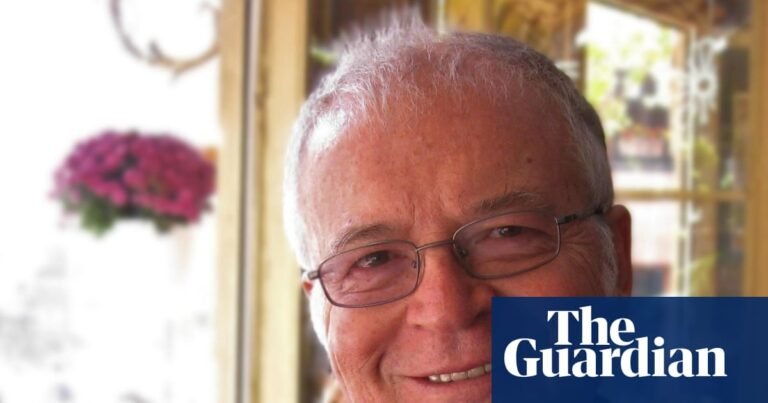My friend Len Doyal, who has died aged 80, was for many years a senior lecturer in medical ethics at St Bartholomew’s and the Royal London Hospital Medical School, where his academic programme, Ethics and Law Applied to Medicine and Dentistry, was much praised for the way it integrated law and ethics with clinical practice.
He was appointed professor of medical ethics and law there in 1996 and became the first non-medical honorary consultant in a British hospital. Much in demand as a bridge between ethics and hands-on medicine, he became a longstanding member of the BMA ethics committee, before retiring in 2000.
Len was born in the US, in Atlanta, Georgia, to Thomas, who was director of transportation for the state of Georgia, and Muriel (nee Pendley), a homemaker. After completing a degree in philosophy at Georgia State University he won a Fulbright scholarship to further study the subject under Karl Popper at the London School of Economics. It was a momentous journey from the Jim Crow South to the court of a legendary figure in the philosophy of science, but sadly he found many of Popper’s ideas almost as problematic as those that he had left behind.
Not wishing to return to the US, in 1968 Len found refuge in teaching philosophy at Middlesex Polytechnic (now University) and there met Lesley Coates, a fellow academic whom he married in 1973. Over the years, as Lesley rose to be a professor of health studies, they also cooperated academically, writing joint articles and books, including Living With HIV and Dying With Aids (2013).
Their house in Finsbury Park, north London, was a convivial meeting point for feminist and leftwing groups and it was there that I first met Len at the founding of the journal Critical Social Policy. Our book, A Theory of Human Need (1991), was awarded both the Isaac Deutscher and Gunnar Myrdal prizes. Working through those ideas together in the 1980s was a joy and a useful antidote to the prevailing Thatcherite tide. Among his other books were Clinical Ethics: Theory and Practice (2011) and Informed Consent in Medical Research (2000), the latter of which he co-edited.
After 22 years at Middlesex Polytechnic, Len moved to teach medical ethics at Barts and the Royal London Hospital Medical School, where he was consistently popular with students, who elected him staff president of the student union for five consecutive years.
He was always willing to engage positively and sensitively with those who disagreed with him, yet his determination to explore the most basic of ethical dilemmas did sometimes cause upset. The most notable of his controversial positions was his argument that non-voluntary euthanasia should be legal under certain limited circumstances.
In his spare time Len played the guitar and loved the American canon of popular music from the 60s onwards.
He is survived by Lesley, their children, Daniel and Hannah, and four grandchildren.
